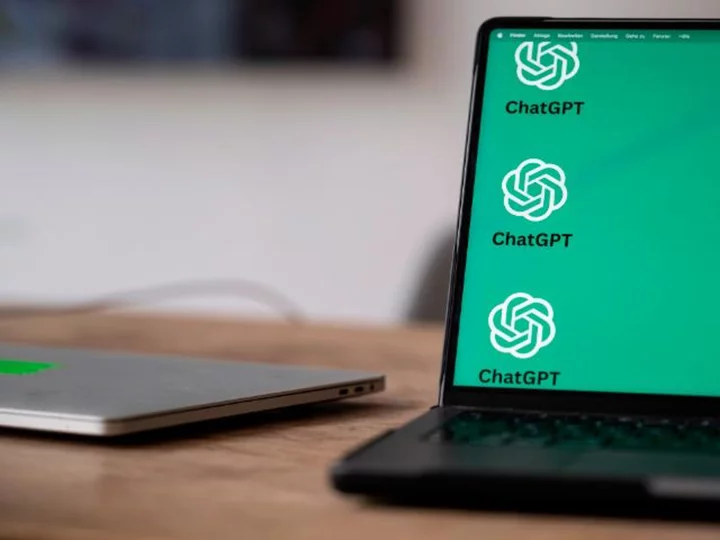Less than six months after ChatGPT-creator OpenAI unveiled an AI detection tool with the potential to help teachers and other professionals detect AI generated work, the company has pulled the feature.
OpenAI quietly shut down the tool last week citing a "low rate of accuracy," according to an update to the original company blog post announcing the feature.
"We are working to incorporate feedback and are currently researching more effective provenance techniques for text," the company wrote in the update. OpenAI said it is also committed to helping "users to understand if audio or visual content is AI-generated."
The news may renew concerns about whether the companies behind a new crop of generative AI tools are equipped to build safeguards. It also comes as educators prepare for the first full school year with tools like ChatGPT publicly available.
The sudden rise of ChatGPT quickly raised alarms among some educators late last year over the possibility that it could make it easier than ever for students to cheat on written work. Public schools in New York City and Seattle banned students and teachers from using ChatGPT on the district's networks and devices. Some educators moved with remarkable speed to rethink their assignments in response to ChatGPT, even as it remained unclear how widespread use of the tool was among students and how harmful it could really be to learning.
Against that backdrop, OpenAI announced the AI detection tool in February to allow users to check if an essay was written by a human or AI. The feature, which worked on English AI-generated text, was powered by a machine learning system that takes an input and assigns it to several categories. After pasting a body of text such as a school essay into the new tool, it gave one of five possible outcomes, ranging from "likely generated by AI" to "very unlikely."
But even on its launch day, OpenAI admitted the tool was "imperfect" and results should be "taken with a grain of salt."
"We really don't recommend taking this tool in isolation because we know that it can be wrong and will be wrong at times -- much like using AI for any kind of assessment purposes," Lama Ahmad, policy research director at OpenAI, told CNN at the time.
While the tool might provide another reference point, such as comparing past examples of a student's work and writing style, Ahmad said "teachers need to be really careful in how they include it in academic dishonesty decisions."
Although OpenAI may be shelving its tool for now, there are some alternatives on the market.
Other companies such as Turnitin have also rolled out AI plagiarism detection tools that could help teachers identify when assignments are written by the tool. Meanwhile, Princeton student Edward Tuan introduced a similar AI detection feature, called ZeroGPT.

